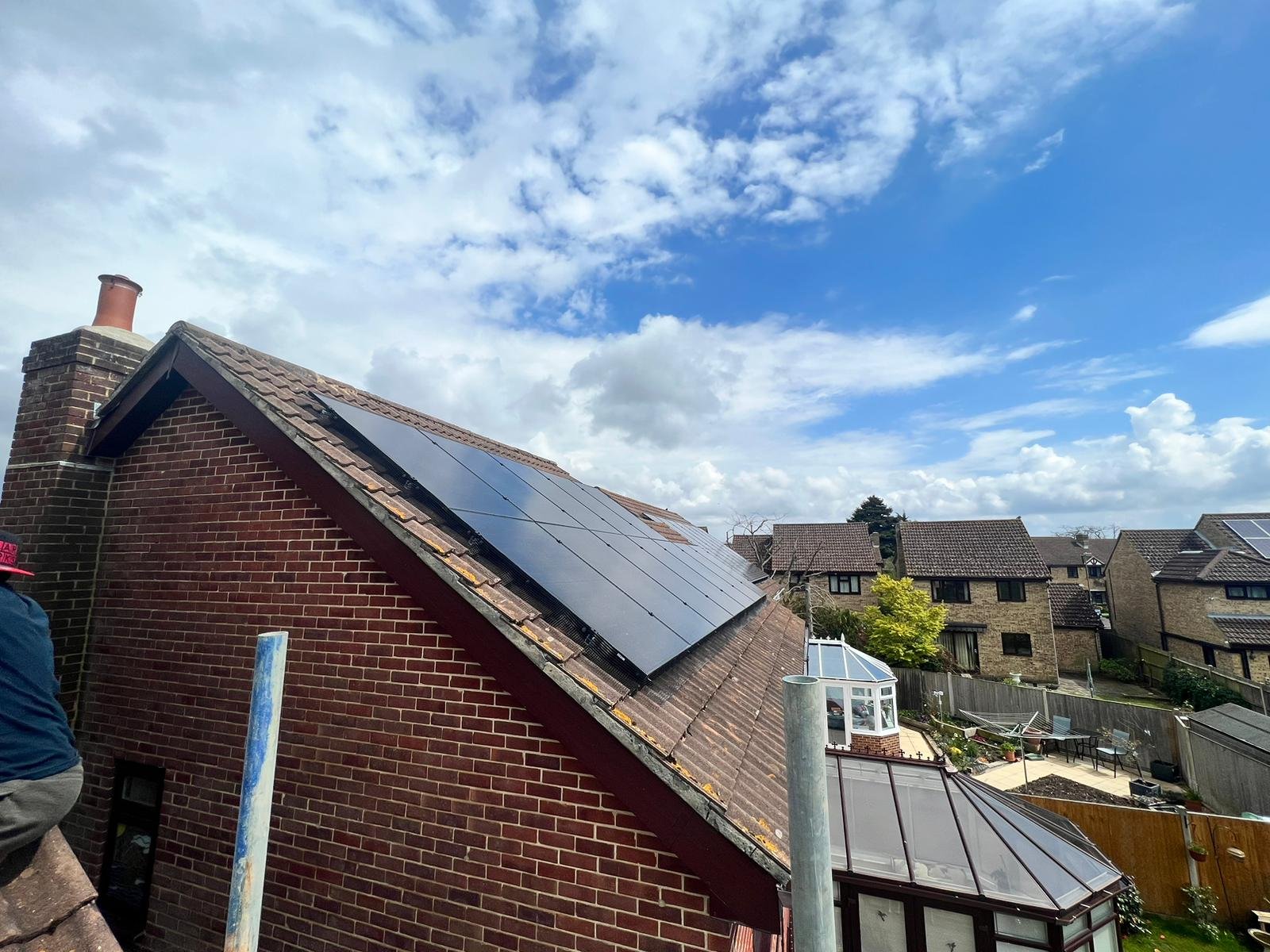What are the advantages and disadvantages of solar energy?
What are the advantages and disadvantages of solar energy?
Thanks to solar panel grants and competitive market prices, solar energy is becoming the primary energy source for many families. The technology has seen significant improvements recently, and with the addition of solar battery storage systems, solar energy is now a more efficient source of clean energy. However, it's important to consider the cost of solar batteries.
Every energy source has its downsides. We’ve highlighted the key advantages and disadvantages of solar power:
| Advantages of Solar Energy | Disadvantages of Solar Energy |
|---|---|
| Renewable Energy Source | High Initial Cost |
| Reduces Electricity Bills | Weather Dependent |
| Diverse Applications | Expensive Energy Storage |
| Low Maintenance Costs | Requires a Lot of Space |
| Technological Advancements | Associated with Some Pollution |
What are the pros and cons of solar energy?
Solar energy is hot topic when it comes to sustainable living and renewable energy solutions. As the world moves away from fossil fuels, more homeowners are considering solar panels on their properties. In this article we will look at the pros and cons of solar energy, focusing on solar panel systems and their role in our energy landscape.
Pros of Solar Panels
1. Lower Bills
One of the main reasons homeowners install solar panels is the immediate impact on bills. By generating your own electricity you can reduce your reliance on the grid and save big. With the right solar energy system you can cut your bills down to almost zero. In some cases you can even save so much you can eliminate your monthly bills altogether.
2. Get Paid
Installing solar panels means not only saving but also getting paid for the excess electricity you generate and feed back into the grid. The Smart Export Guarantee (SEG) encourages homeowners to export extra energy into the national grid, it’s a no brainer. Understanding how to maximise this benefit is key for those considering their options for renewable energy.
3. Reduce Carbon Footprint
Switching to solar energy reduces your carbon footprint by minimising your reliance on fossil fuels. This renewable energy source means you can contribute to a cleaner environment and combat climate change. By choosing solar energy you’re being proactive about sustainability and energy consumption.
4. Year Round Efficiency
Solar panels work even on cloudy days. Many modern solar panel systems are designed to capture sunlight efficiently, they work all year round. Understanding your solar panel efficiency (or panel efficiency) is important as this determines how much energy is generated even on less than perfect weather conditions.
5. Low Maintenance
Once your solar panels are installed they require very little upkeep. Regular maintenance is just a few cleanings a year and occasional checks to make sure everything is working correctly. The longevity of solar technology means you can enjoy the benefits of your investment for many years, with warranties typically 20 to 25 years.
6. Grid Independence
Installing solar panels gives you energy independence. By generating your own electricity you reduce your reliance on the grid, especially during peak hours when costs can skyrocket. This independence is a big plus for those who want to control their energy consumption and costs.
7. Cost
Solar technology has become more affordable, it’s now accessible to more people. Financial incentives, government rebates and financing options help offset the upfront cost of solar panels, making it a sound investment for most homeowners.
8. Savings
In addition to lowering your bills, solar energy can mean long term savings. As energy prices rise, solar energy lets you lock in lower energy costs and avoid future price increases. With battery storage you can also use stored energy during peak hours, maximising your savings.
9. Increased Property Value
Research shows homes with solar panel systems have higher property values. Potential buyers know the benefits of solar energy and the long term savings it provides. By installing solar panels you not only enhance your home’s appeal but also increase its value.
10. Climate Flexibility
Solar energy systems can be used in any climate, even south facing roofs which are ideal for solar panel installation. Whatever your location or weather pattern, solar technology is a flexible energy solution that adapts to your conditions, even generating energy on cloudy days.
Multiple Applications
Solar energy isn’t just for residential use; it has many applications:
Off-Grid Locations: Solar panels can power remote areas where conventional electricity is not feasible or cost prohibitive.
Water Heating: Solar thermal systems can supply hot water for residential and commercial use.
Energy Storage: Solar batteries can store excess energy generated during peak sunlight hours for use at night or on overcast days, making solar energy systems more efficient.
Building Integrated Photovoltaics (BIPV): Innovative designs allow solar panels to be integrated into building materials, blending aesthetics with functionality.
Technology Advancements
The solar energy sector is evolving, with ongoing developments driving improvements in panel efficiency and energy storage solutions. Advances in PV cell technology, materials science and battery storage systems are changing the way we harness and use solar power, making it more efficient and cost effective.
Big Savings from Using Your Own Generated Electricity
The main financial benefit of solar energy is using the electricity your panels produce. With a well designed solar energy system you can save £140 to £345 per year on your bills. The savings will vary depending on system size, energy consumption and even the orientation of the panels on your roof.
Summary
Going solar has many benefits from saving big on your bills and earning potential from selling excess electricity to reducing your carbon footprint and contributing to the global sustainability effort. But you need to weigh these benefits against any drawbacks.
If you’re thinking of going solar, get in touch with a qualified solar installer to explore your options. Installing solar panels can be a game changer, save you money, generate your own electricity and protect the planet for future generations.
Advantages of Solar Panels
Lower Electricity Bills: Solar panels generate free electricity, cutting down on energy costs.
Earn Money Back: Sell excess energy to the grid through the Smart Export Guarantee (SEG).
Reduce Carbon Footprint: Solar energy decreases reliance on fossil fuels.
Year-Round Efficiency: Effective even in cloudy conditions, especially with technological advancements.
Low Maintenance: Minimal upkeep is required after installation.
Grid Independence: Generate your own electricity, reducing dependence on the grid.
Affordability: Solar panels are becoming more cost-effective.
Cost Savings: Solar energy can lead to significant savings.
Increased Home Value: Installing solar panels can boost your property value.
Climate Versatility: Solar systems work well in various climates.
Renewable Energy Source Solar energy is a renewable resource, available worldwide and daily. As long as the sun exists, which scientists estimate will be at least another 5 billion years, solar energy will be accessible.
Reduces Electricity Bills Using solar panels can reduce your energy bills since some of your energy needs will be met by the electricity generated by your solar system. Savings depend on the system size and your energy usage. You can also receive payments for surplus energy sent back to the grid through the Smart Export Guarantee (SEG).
Diverse Applications Solar energy can generate electricity (photovoltaics) or heat (solar thermal). It is useful in areas without access to the energy grid, for distilling water in regions with limited clean water, and powering satellites in space. Solar energy can also be integrated into building materials, like Sharp's transparent solar energy windows.
Low Maintenance Costs Solar systems require minimal maintenance, usually just regular cleaning a few times a year. Many solar panel manufacturers offer warranties of 20-25 years. The only parts that might need replacement are the inverter (every 5-10 years) and cables to maintain maximum efficiency.
Technological Development The solar power industry is continuously advancing, with innovations in quantum physics and nanotechnology potentially increasing the efficiency of solar panels.
Solar Panel Benefits Are Improving
As energy prices have surged, generating and using your own solar energy can lead to substantial savings. Under the Smart Export Guarantee (SEG) scheme, introduced in January 2020, households in Great Britain are paid for solar energy they export. This refers to electricity you generate but don't use, which is then fed back into the national grid. The previous feed-in tariff scheme, which closed to new applications in March 2019, was more generous as it paid for all generated solar energy, whether used or not.
If you have savings to invest in solar panels, it's worth calculating your potential benefits, as the SEG scheme can be advantageous for some.
Major Savings from Using Your Own Generated Electricity
The primary benefit comes from using the electricity your panels produce, potentially saving up to £345 a year on your bills. Savings vary based on system size, electricity consumption, and your presence at home during the day.
According to Energy Saving Trust estimates, a typical household with a 3.5 kilowatt-peak system can reduce bills by £140 to £345 a year at current Energy Price Cap rates.
Interested in Solar Panels? By choosing solar panels, you can reduce energy costs and positively impact the environment. Get in touch to find out more.
Contact us to arrange a free, no obligation quotation
from our friendly team. We'll get back to you within one working day.
See Our Solar and Battery Installation Services in Action


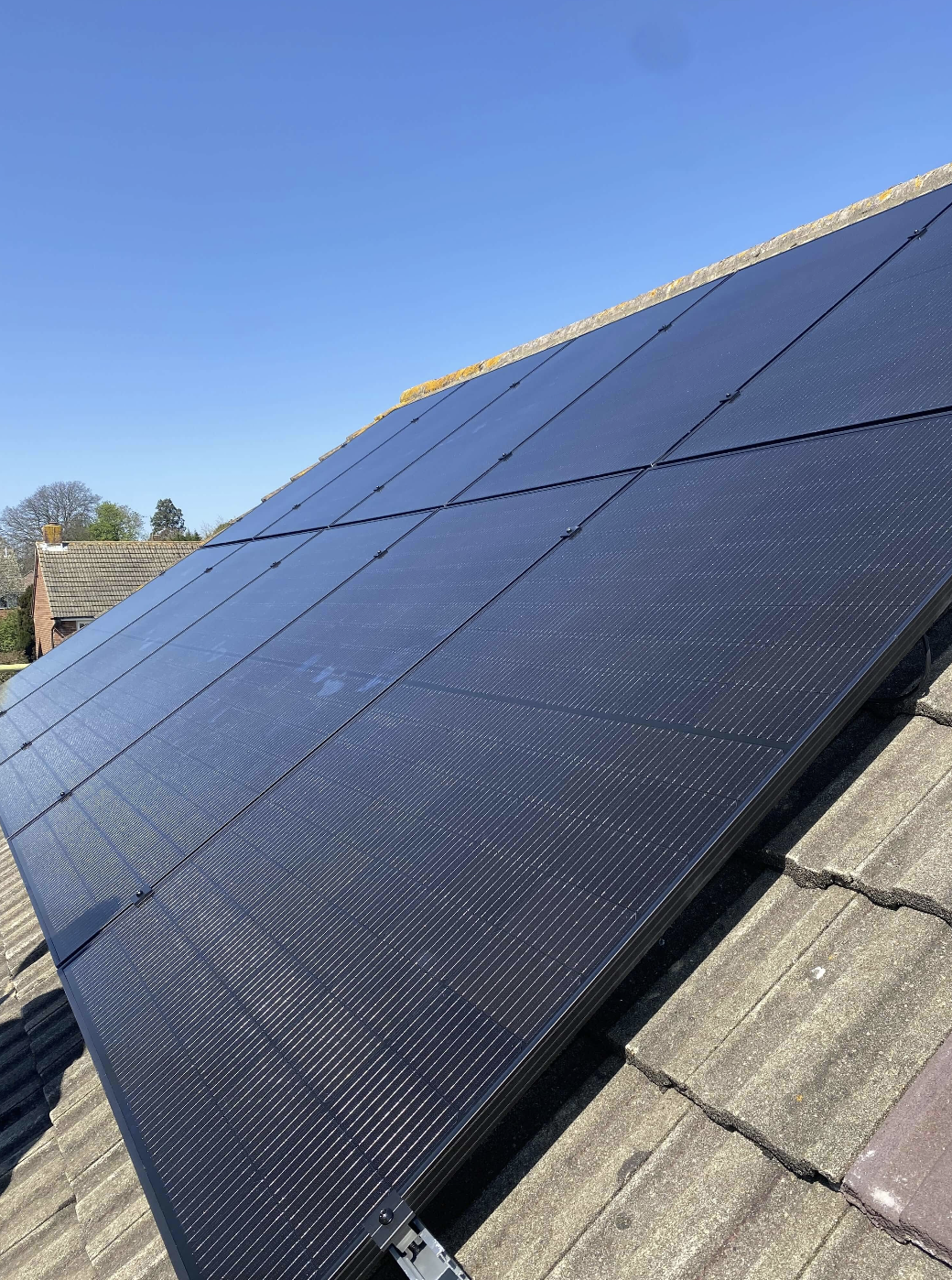
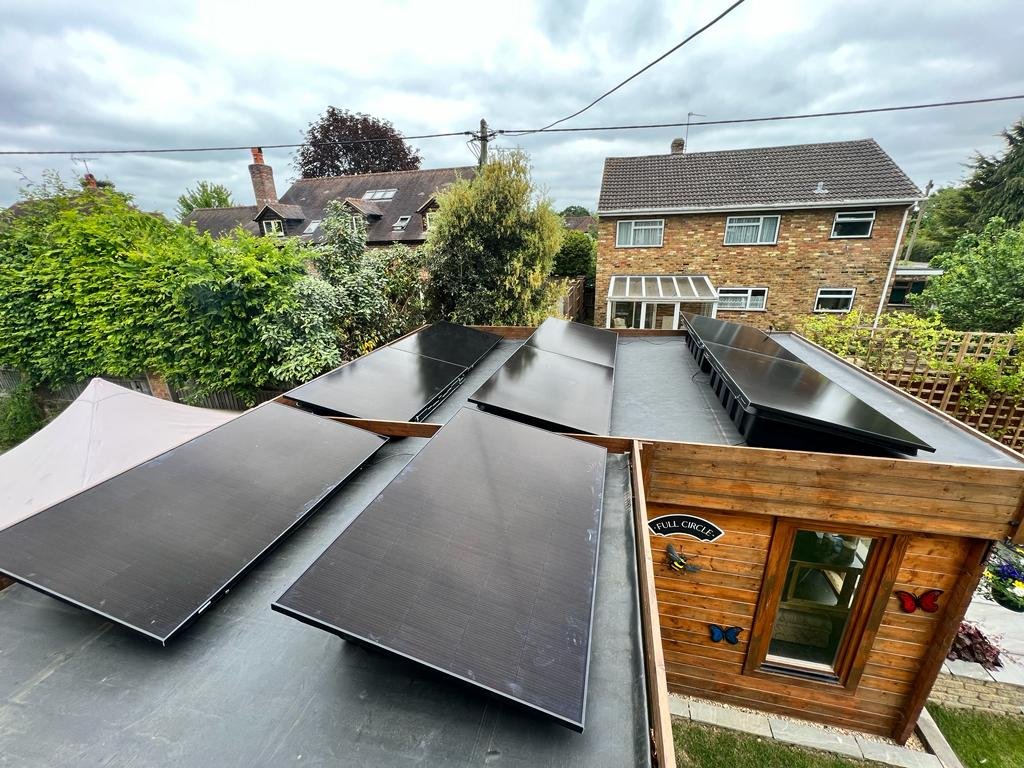

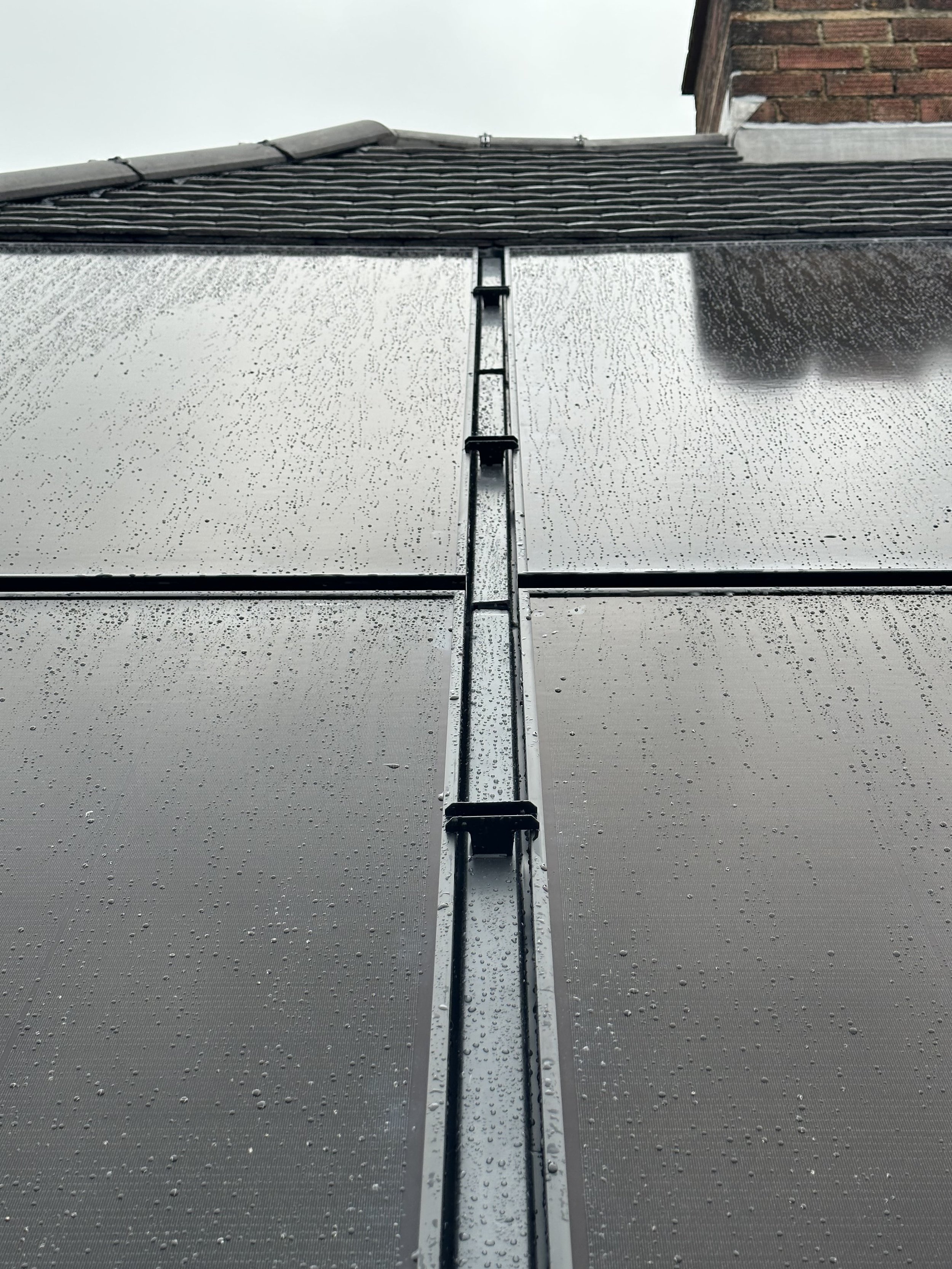
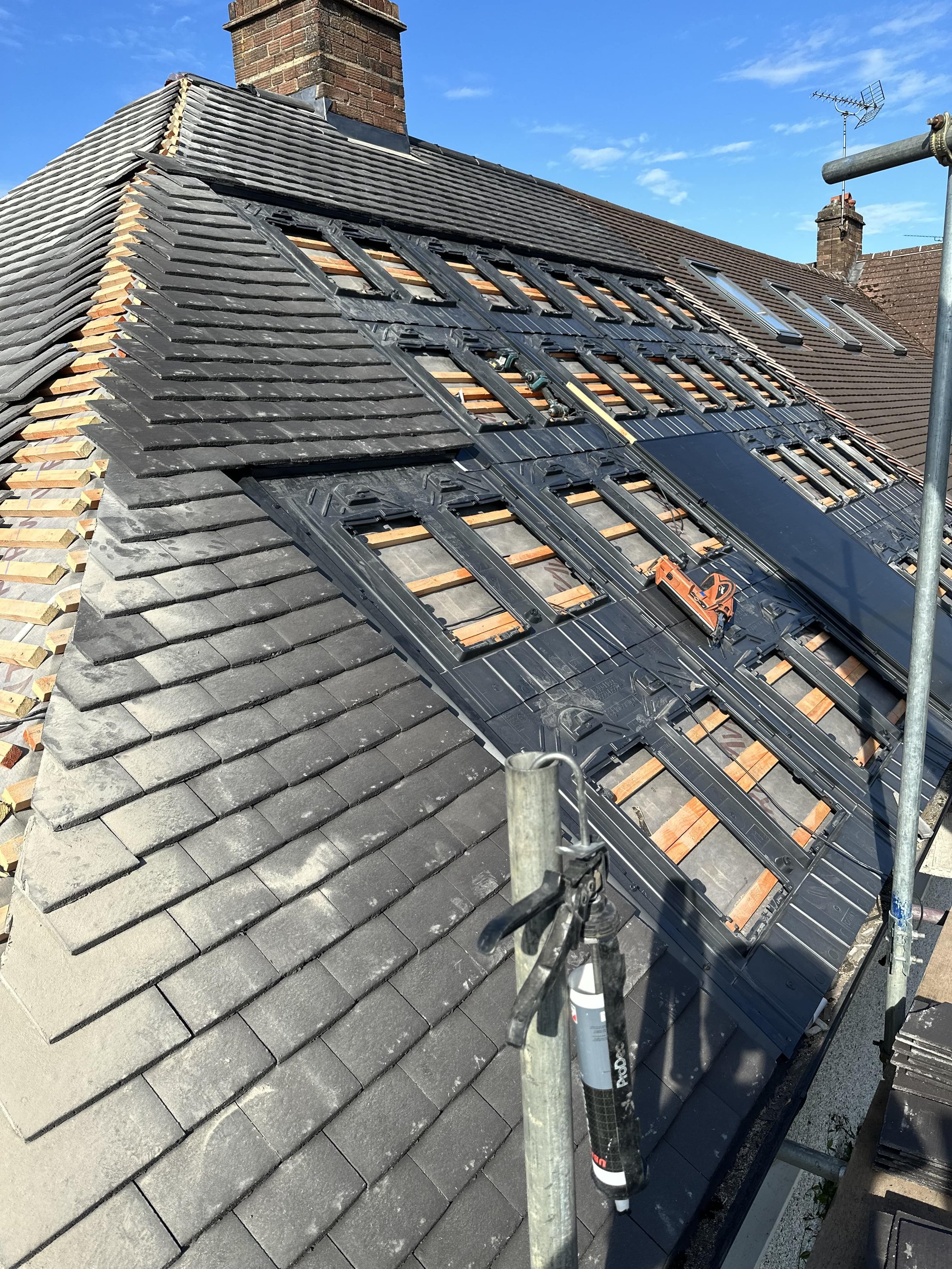
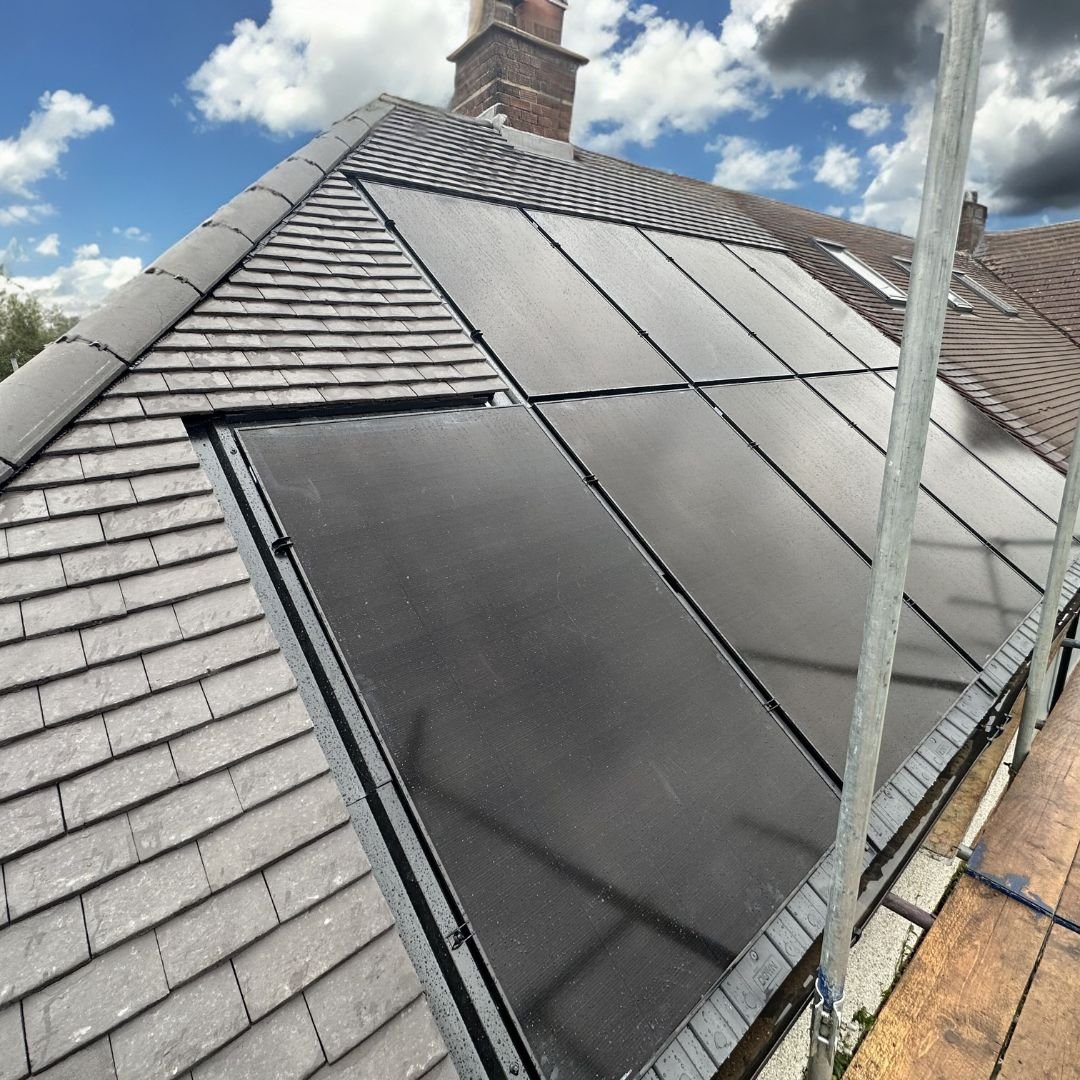
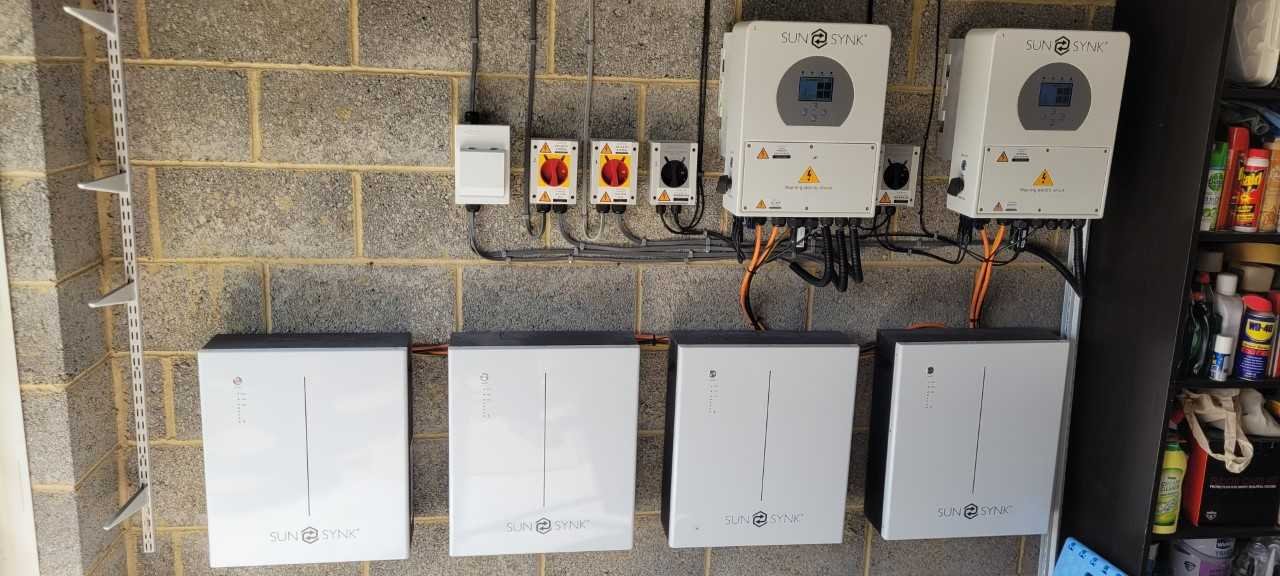
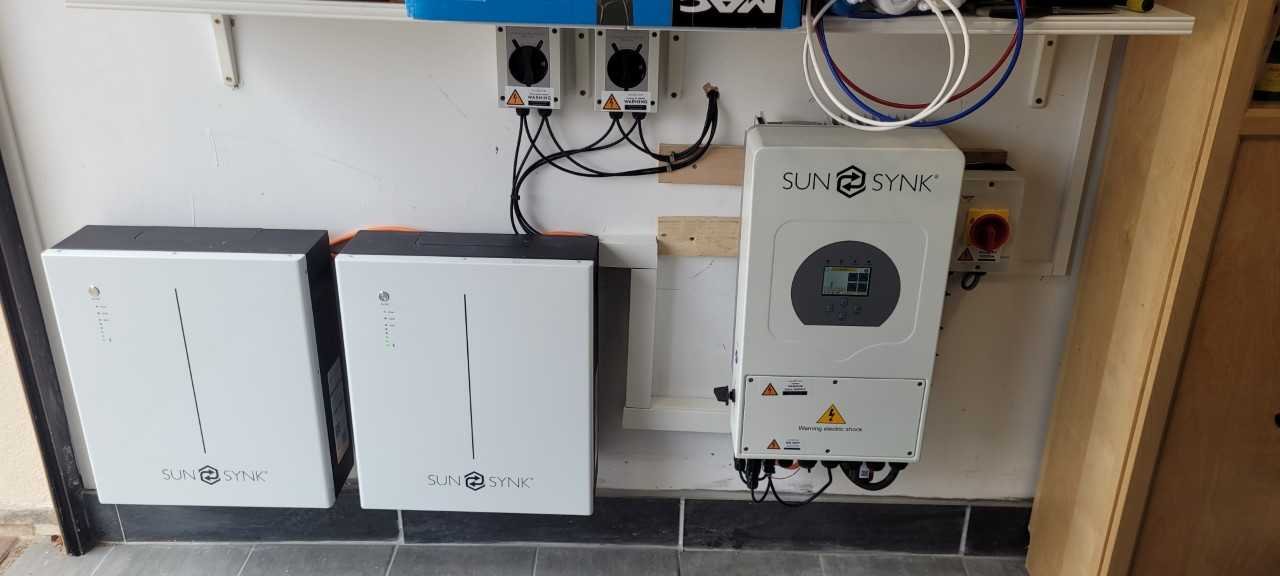
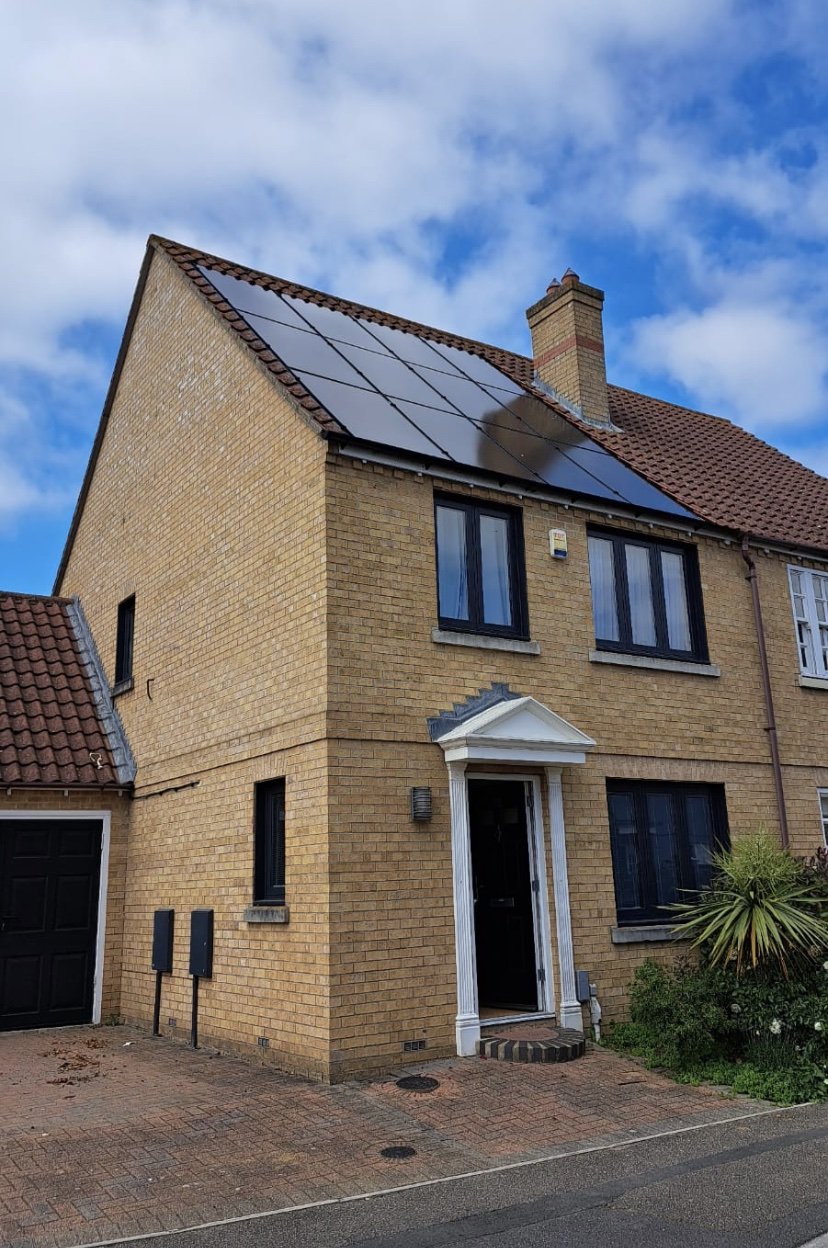
Solar Panel Installation and FAQ’s
Getting Started with Solar Panels
Dive into the world of solar panel installation with insights into flat roof setups, possible energy savings, how it works, panel options, and more.
Solar Panel Installation and Types
Discover how to participate in the SEG scheme and navigate planning permissions in the UK while exploring the essential concept of DNO approval for a seamless solar panel experience.
Find the best system size for your needs ☀️
Reliable Solar & Battery Services for Your Home
With CRG, you can be sure you’re getting the best results at a cost-effective price. Our highly-rated commercial solar installation services include the following:
Learn more about how our experienced solar energy professionals can help you — simply request a free quote online or call us on 0333 253 3531 today.
Read our great reviews.
From quote to after care we found CRG professional… From start to finish we found CRG helpful, professional and the workmanship excellent.





